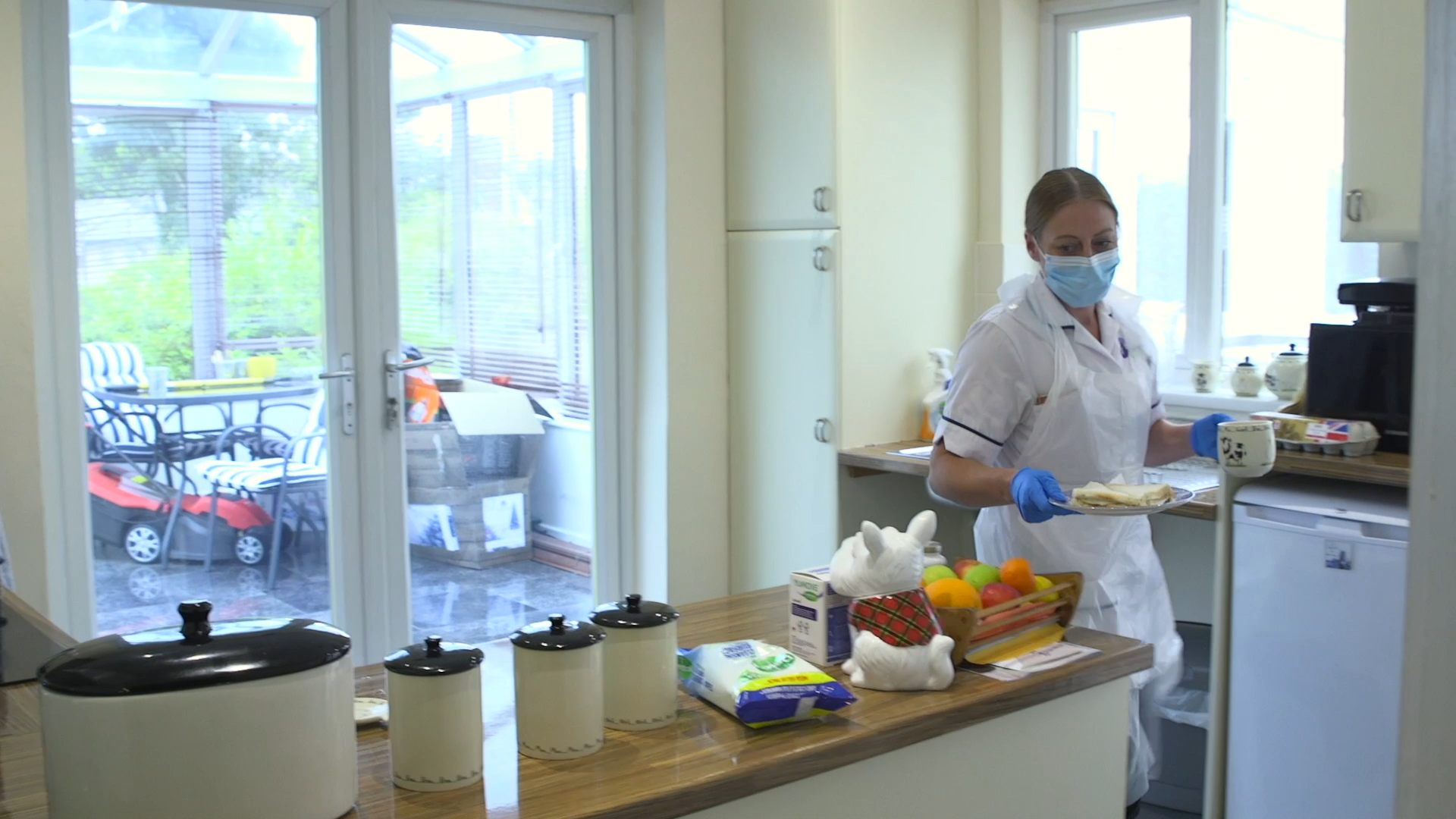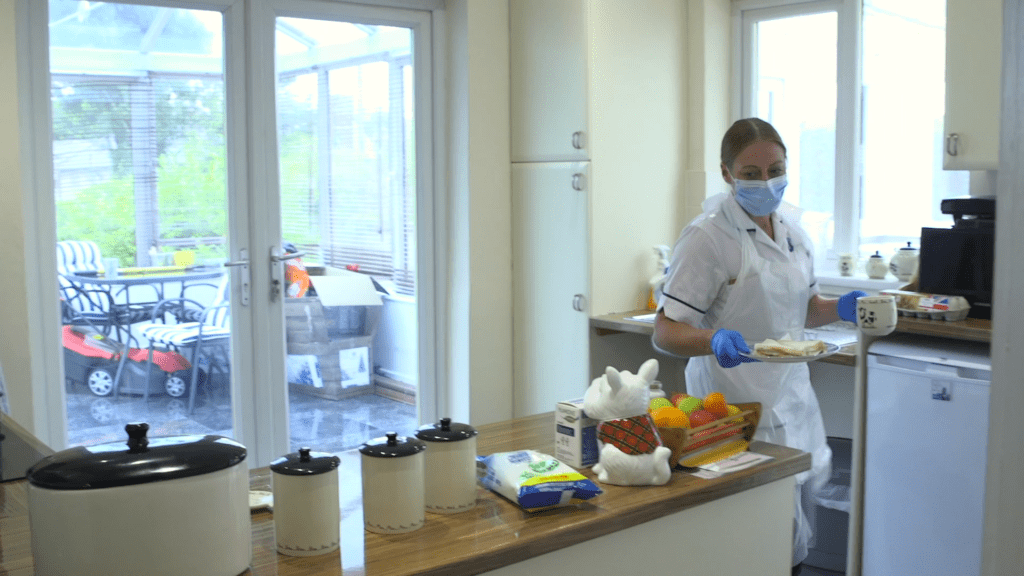Home care is a vital service that provides support and assistance to individuals in the comfort of their own homes. However, several misconceptions and misunderstandings about home care persist. In this blog, we’ll debunk the top 5 misconceptions about what home care is, shedding light on the true nature of this compassionate and valuable service.
Misconception 1: Home Care is the Same as Nursing Home Care
One common misconception is that home care is synonymous with care provided in nursing homes. In reality, home care is entirely different. Home care allows individuals to receive support in their own homes, promoting independence and preserving the familiar surroundings they cherish.
Misconception 2: Home Care is Only for older people
Home care is not exclusive to older people. While it is a crucial service for older people, it’s equally important for people of all ages with varying needs. This includes individuals with disabilities, those recovering from surgeries, and people living with chronic illnesses who can benefit from the support of home carers.
Misconception 3: Home Care is Expensive and Only for the Wealthy
Concerns about the cost of home care are common, but it’s a misconception to think that it’s only accessible to those who are financially well-off. In England, there are government-funded programs and financial assistance options available to make home care services more accessible to a broader range of individuals and families.

Misconception 4: Home Care Replaces the Family’s Role
Another misconception is that bringing in a home carer means the family’s role in caring for a loved one diminishes. Home care is intended to complement and supplement family support, not replace it. Caregivers often work collaboratively with families to provide the best care possible.
Misconception 5: Home Care Services are Limited to Basic Tasks
Some individuals believe that home care services are limited to basic tasks. In truth, home care encompasses a broad spectrum of services, including personal care, companionship, medical care, and specialized care for specific conditions. Care plans are tailored to meet the unique needs and preferences of each client.
Debunking these top 5 misconceptions about home care is essential to ensure that individuals and families fully understand the scope and value of this service. Home care promotes independence, offers support to people of all ages, is accessible through various financial avenues, collaborates with families, and provides a wide range of services to meet diverse needs.
If you or a loved one is considering home care , it’s important to dispel these misconceptions and seek guidance from reputable home care providers. Home care is a flexible and compassionate option that can significantly enhance the quality of life for those in need of support, while allowing them to maintain their cherished independence and familiarity in the comfort of their own homes.





